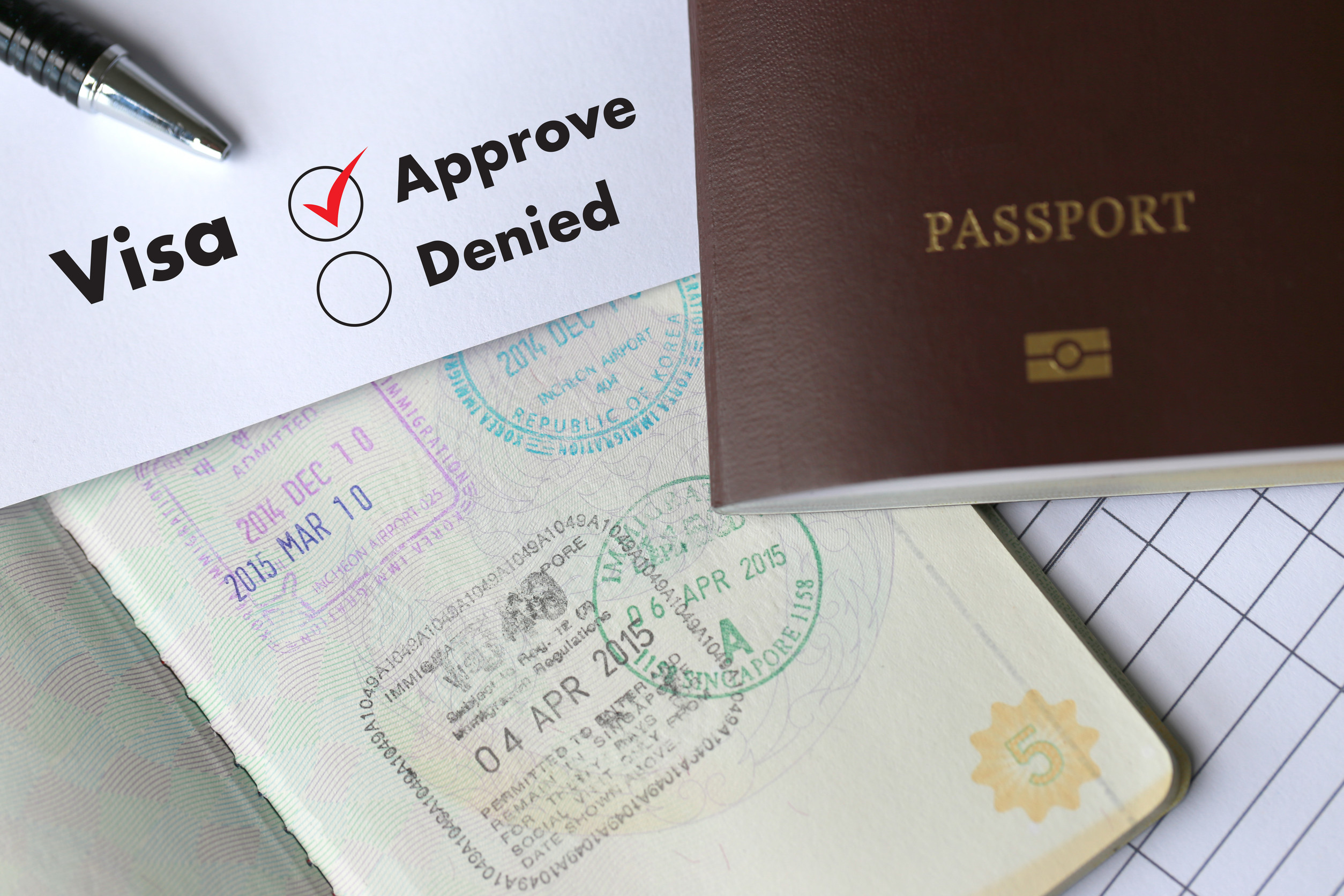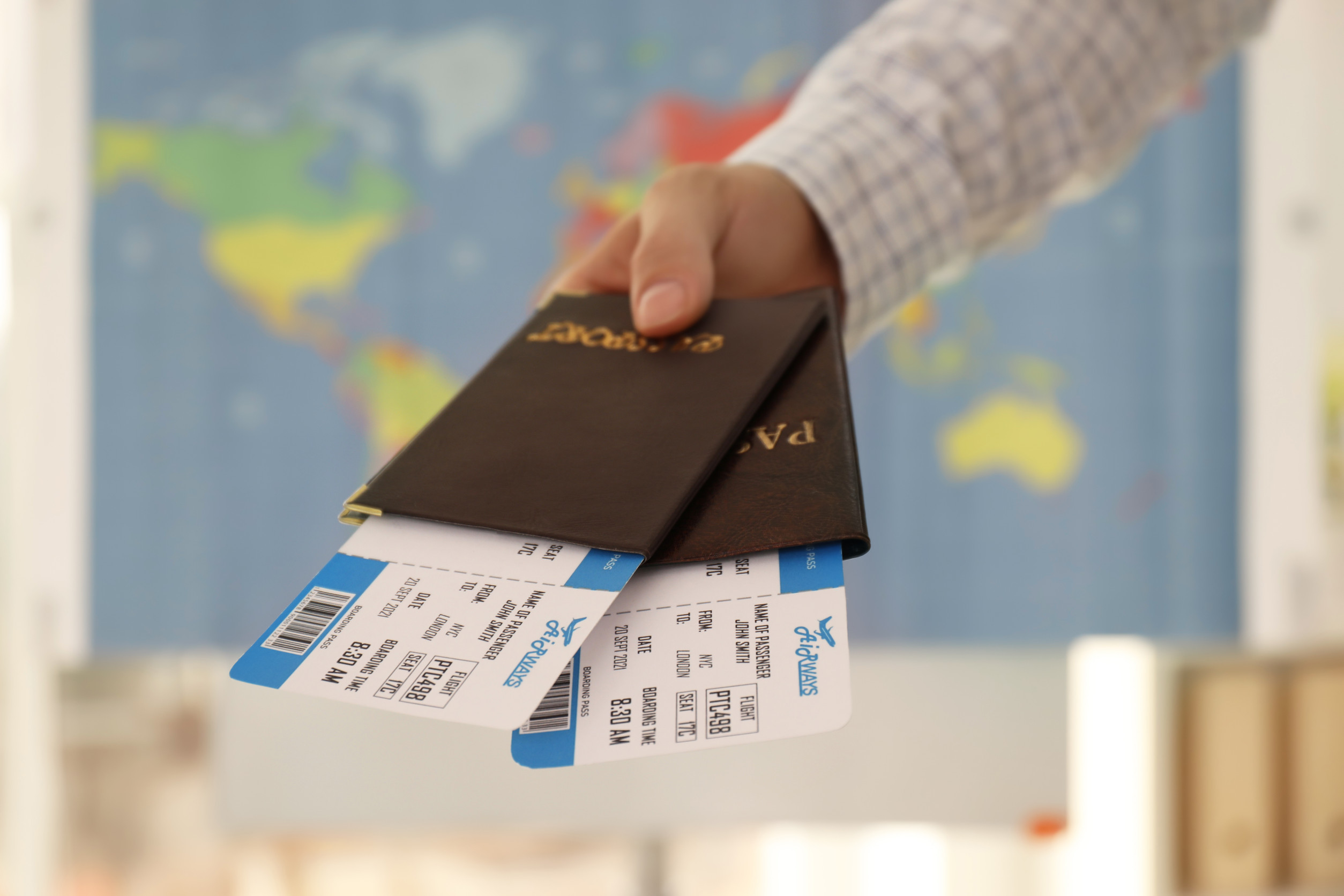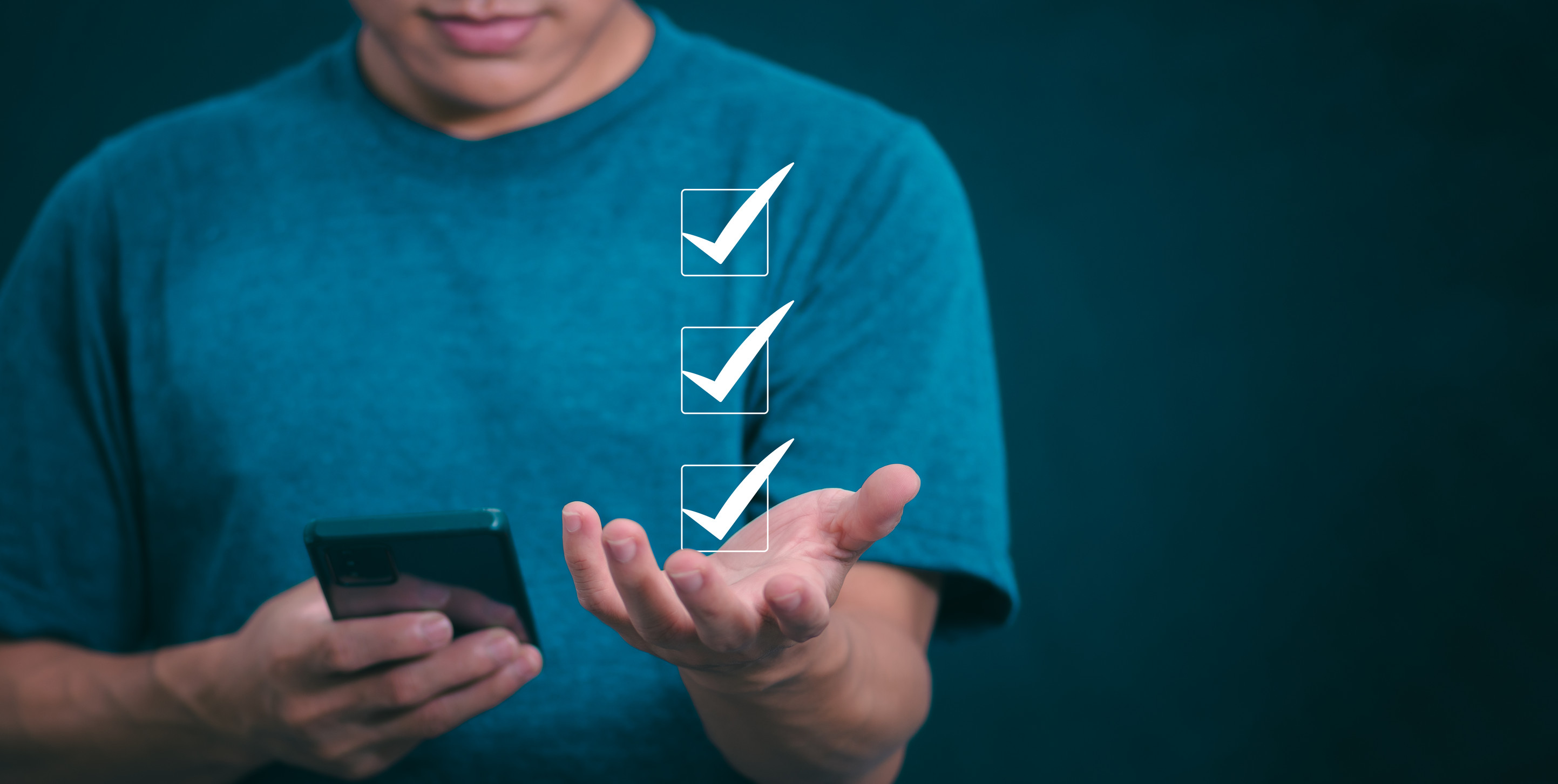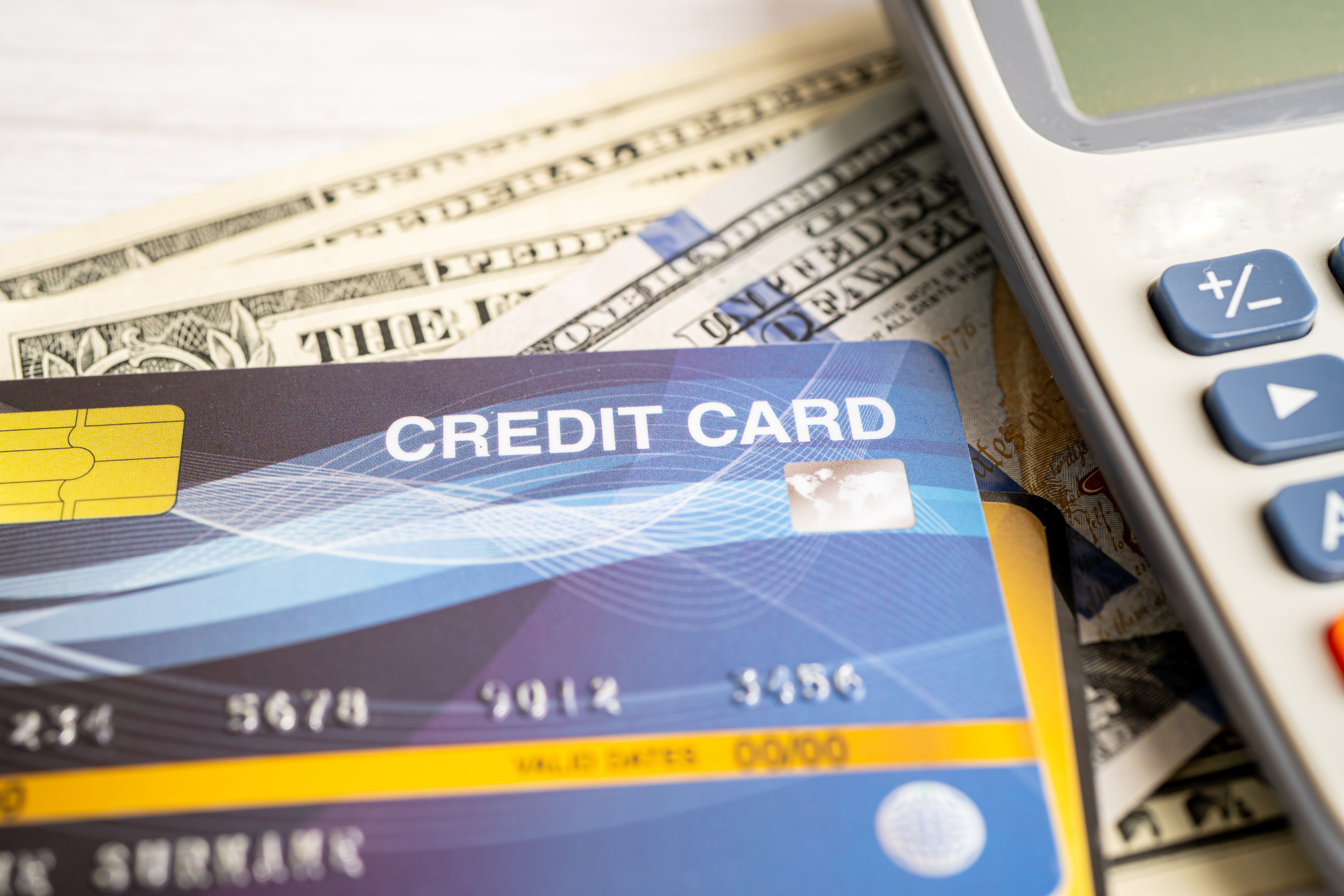Tips for a Successful South Korea Visa Application
Navigating the South Korea visa application process can be straightforward with the right preparation. Whether you're traveling for business, tourism, or study, understanding the requirements and following the necessary steps is key to ensuring a smooth application process. This guide outlines essential tips to help you secure your visa with confidence and efficiency.

Overview of the South Korea Visa Application Process
Applying for a South Korea visa involves several key steps to ensure a smooth and successful application. Below is a simple five-step guide:
- Determine Visa Type – Identify the correct visa category based on your purpose of travel, such as tourism, work, study, or family visit.
- Prepare Required Documents – Gather essential paperwork, including a completed application form, passport, financial proof, invitation letters (if applicable), and supporting documents based on the visa type.
- Submit Application – Apply at the designated visa application center or South Korean embassy/consulate in your country. Some applicants may need to schedule an appointment.
- Pay Fees & Attend Interview (If Required) – Pay the required visa fee, which varies by type and duration. Some applications may require an in-person interview.
- Wait for Processing & Collect Visa – Processing times vary, so apply in advance. Once approved, collect your passport with the visa and review the details before traveling.

1. Know the Type of Visa You Need
Before beginning the application process, it is crucial to understand which type of visa you need based on the purpose of your visit. South Korea offers various visa categories, and applying for the wrong one can result in delays or outright rejections. The most common types of visas are:
|
Visa Type |
Description |
|
Tourist Visa (C-3) |
This visa is for individuals traveling for tourism or personal visits. It allows you to stay for a short period, typically up to 90 days, and can also be used for attending events, visiting friends or family, and other recreational purposes. |
|
Business Visa (C-3-4) |
This is suitable for short-term business travelers who need to attend conferences, meetings, or sign contracts in South Korea. The duration of stay is typically limited to 90 days, but extensions may be possible under certain conditions. |
|
Student Visa (D-2) |
If you're planning to study at a South Korean university or academic institution, this visa is required. It’s essential to have an acceptance letter from a recognized institution to apply for this visa. |
|
Work Visa (E-2) |
For individuals who have secured a job in South Korea, particularly in teaching or other professional fields. The E-2 visa allows you to live and work in South Korea for an extended period, typically one to two years, with the possibility of renewal. |
|
Other Visas |
There are many other specialized visa categories, including those for diplomats, journalists, research, religious work, and long-term residency. Make sure to identify the correct category for your situation. |
2. Prepare Your Documents Thoroughly

Each type of visa requires a specific set of documents, and failing to submit the correct paperwork is one of the most common reasons for delays or rejections. While the documents may vary depending on the visa type, the following are typically required:
|
Requirement |
Detail |
|
Valid Passport |
Your passport should be valid for at least six months beyond your planned departure date from South Korea. |
|
Visa Application Form |
Complete the appropriate South Korea Visa application form for your visa type. Ensure all sections are filled out correctly and fully. Incomplete forms are a common reason for delays. |
|
Passport-sized Photos |
You will typically need to submit two recent passport-sized photos that meet the South Korean embassy’s specifications. |
|
Proof of Financial Stability |
This is especially important for tourist and student visas. Bank statements, pay slips, or a letter from a sponsor demonstrating that you can financially support yourself during your stay are often required. |
|
Flight Itinerary |
For a tourist visa, you may be asked to submit a copy of your flight itinerary, showing your arrival and departure dates. |
|
Accommodation Details |
For tourist and business visas, you may need to provide proof of accommodation, such as hotel reservations or an invitation letter from a host in South Korea. |
|
Additional Documents |
For business visas, a letter of invitation from the South Korean company or organization hosting you may be required. For student visas, you’ll need an acceptance letter from a South Korean educational institution. In the case of a work visa, you may need to submit a signed employment contract and other supporting documents. |
3. Check Processing Times and Apply Early

Visa processing times can vary depending on the type of visa you are applying for and the country from which you are applying. In most cases, visa processing takes around 5 to 15 business days. However, delays can occur due to factors such as high application volumes or additional documentation requirements.
It’s advisable to apply at least 2-3 weeks before your intended departure date to allow sufficient time for processing. Applying well in advance also gives you time to address any unexpected issues, such as additional document requests or mistakes in your application.
4. Double-Check Your Application

One of the most common mistakes in the visa application process is submitting incomplete or inaccurate information. Before submitting your application, double-check all forms and documents. Look for errors such as:
- Incorrect dates: Ensure your travel dates, passport number, and other dates are accurate and match your documents.
- Misspelled names: Double-check that your name is spelled correctly in all forms and documents.
- Missing documents: Review the specific requirements for your visa type to make sure you’ve included all necessary supporting documents.
- Correct visa type: Confirm that you are applying for the correct visa type based on your travel purpose.
By thoroughly reviewing your application, you can avoid unnecessary delays and potential rejections.
5. Provide Proof of Financial Stability

South Korea requires that visa applicants demonstrate they have enough financial resources to support themselves during their stay. For tourist and student visas, this may include:
- Bank statements: Provide recent statements showing sufficient funds (typically several thousand dollars) to cover your expenses.
- Pay slips or tax returns: For business or work visas, recent pay slips or tax documents may be necessary to prove your employment and financial standing.
- Sponsorship letters: If someone else is sponsoring your stay, you may need to provide a letter from the sponsor, along with their financial documents.
Ensure your financial documents are up-to-date, clear, and translated into English or Korean as required.
6. Understand the Visa Fees

Visa fees for South Korea can vary based on the type of visa you are applying for and your nationality. The exact fee will depend on factors such as the visa category (tourist, business, student, etc.) and the country from which you are applying. It’s essential to check the official South Korean embassy or consulate website for the most up-to-date fee structure for your specific visa type.
Keep in mind that visa fees are generally non-refundable, even if your application is denied. Be sure to verify the correct payment methods accepted by the embassy or consulate and ensure that you submit the appropriate fee along with your application. This will help prevent delays or issues during the process.
7. Consider the Interview Process

For certain visa types, especially work and student visas, an interview may be required. During this interview, the consular officer may ask questions about your travel plans, financial status, and your ties to your home country to determine if you are likely to return after your stay.
Be prepared to:
- Answer questions clearly and honestly: Provide straightforward answers and avoid giving inconsistent or contradictory information.
- Bring supporting documents: Carry copies of all your submitted documents, especially those that support your application, such as your bank statements, job offers, or school acceptance letters.
8. Stay Informed About Visa Policies
Visa regulations can change over time, so it’s important to stay updated on any changes that may affect your application. Regularly check the official website of the South Korean embassy or consulate in your country for the latest information on visa policies, application guidelines, and any other relevant requirements.
By staying informed, you can ensure that your application meets the current standards and avoid any unexpected issues during the application process.
9. Monitor Your Visa Status
After submitting your visa application, it’s important to monitor its status. Some embassies or consulates allow you to track the progress of your application online. If you don’t hear back within the estimated processing time, you may want to follow up to ensure your application is moving forward.
If additional documents are requested or if there are any issues, addressing them promptly can help prevent delays.
10. Plan Your Entry into South Korea
Once your visa is approved, make sure you understand any additional entry requirements before traveling to South Korea. These may include:
- Document Inspection: Ensure you have all your documents, including your passport, visa, and any other required certifications, ready for inspection upon arrival at the border.
- Travel Insurance: It’s highly recommended to have travel insurance that covers medical emergencies, lost luggage, and other unforeseen circumstances during your stay in South Korea.
Disclaimer: Although this information was last updated in February 2025, we recommend verifying with the appropriate agencies, embassies, and airlines to ensure complete accuracy regarding your travel plans.